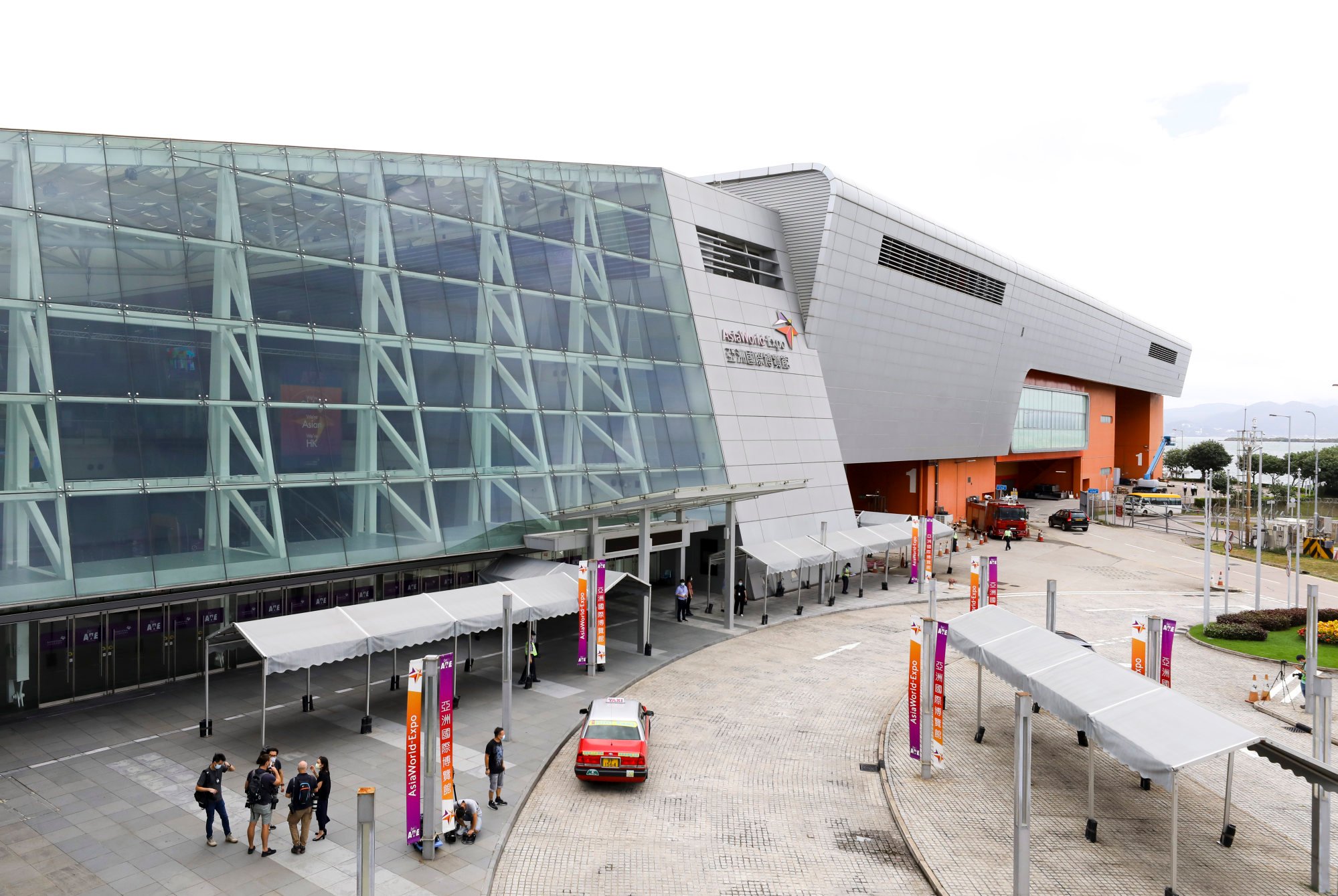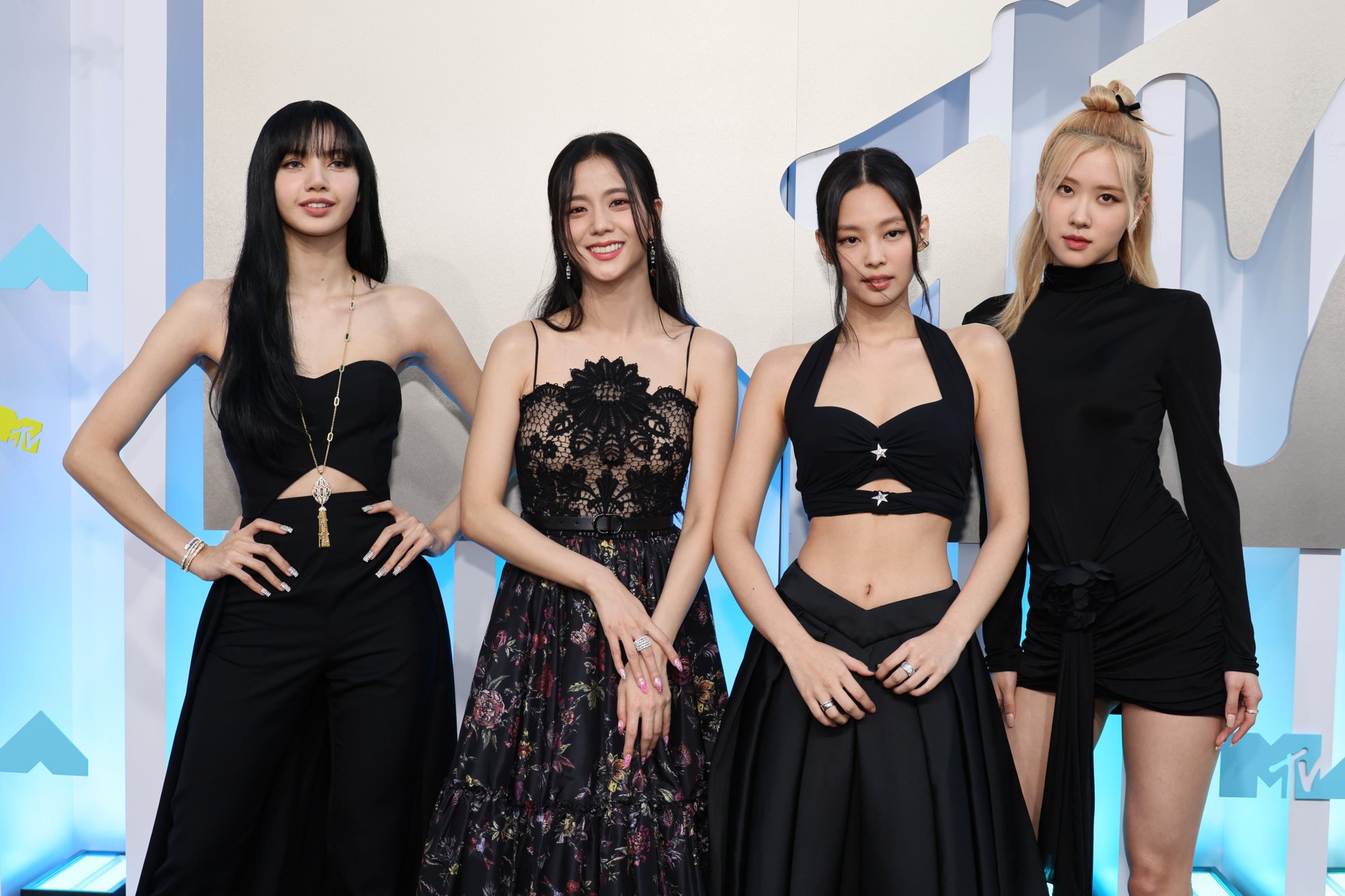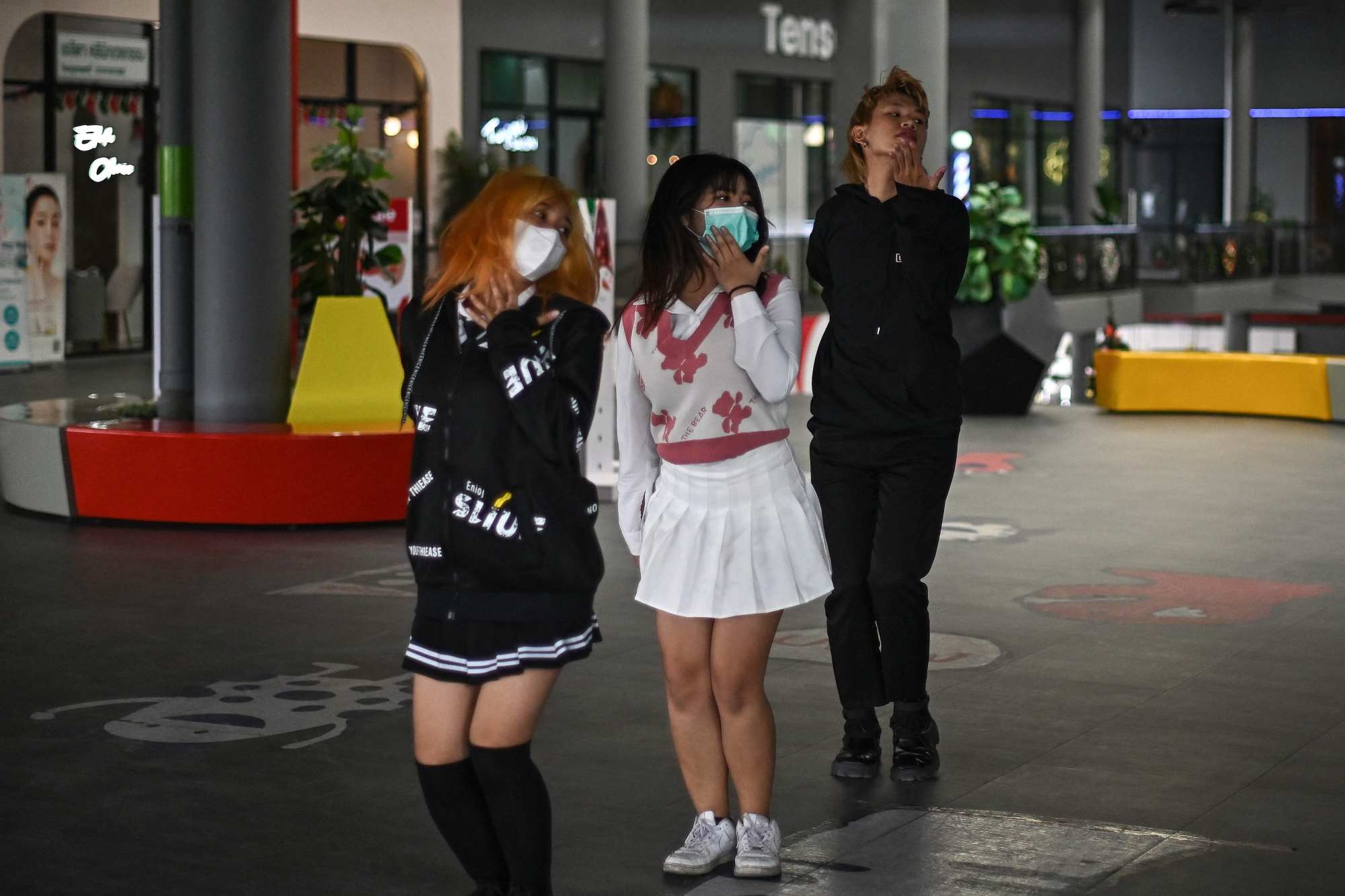If a K-pop fan were to pick an event that defines Hong Kong’s post-Covid reopening, it would be Blackpink’s sold-out Born Pink concert.Tickets for the three-night gig at the 15,000-seat capacity AsiaWorld-Expo venue starting on January 13 were snapped up within hours, with scalpers hawking them for as high as 22,000 yuan (US$3,200), more than eight times the original price of US$100 to US$380.The concert will delight many Blinks, as Blackpink fans are known, from mainland China as normal travel to Hong Kong resumed on January 8.

China was one of the first countries swept up by the globalisation of K-pop and the Korean wave, after establishing diplomatic relations with South Korea in 1992. K-pop groups like H.O.T. and NRG became popular among young Chinese, and China’s state broadcaster CCTV in 1997 aired the South Korean television drama What is Love.

But after ties soured following South Korea’s 2016 deployment of the US-made anti-missile weapon system known as THAAD, the so-called K-culture wave became a target of “social purification” campaigns in China against the apparent consumerist excesses of popular entertainment. Beijing’s zero-Covid policy further restricted K-pop’s expansion in the Chinese market.
Not that it dampened interest in the sold-out tour: for young K-pop fans in China and elsewhere in Asia who were unable to meet their idols in person during the pandemic, the return of one of South Korea’s biggest pop acts to the stage marks K-pop’s transition to the post-Covid world.
 Blackpink members Lisa (from left), Jisoo, Jennie, and Rosé at the 2022 MTV VMAs at Prudential Center in August 2022, in Newark, New Jersey. Photo: Getty Images
Blackpink members Lisa (from left), Jisoo, Jennie, and Rosé at the 2022 MTV VMAs at Prudential Center in August 2022, in Newark, New Jersey. Photo: Getty Images
Blackpink’s influence
A four-member act that debuted in 2016, Blackpink is made up of Jennie, Rosé, Lisa and Jisoo.
Blackpink pushed K-pop towards a new stage of globalisation with its success in Western markets, clinching honours at US and European music awards shows. The quartet also secured a number of breakthroughs, such as becoming the most-followed girl group on Spotify, and appearing on US talk show Jimmy Kimmel Live in 2020 – the first female K-pop act to do so.
Born Pink made history as the first album from a K-pop girl group to reach number one on the Billboard 200 and the UK Albums Chart last year. Winning Time magazine’s Entertainer of the Year award in 2022 was Blackpink’s crowning glory.
Mainland fans chomping at the bit for Hong Kong concerts with border reopening4 Jan 2023
Blackpink’s rise, and that of other South Korean girl groups with their mostly female fans, is reflective of how women have played a key role in driving the Korean wave. Female K-pop stars today no longer have to perform in outfits made to pander to male audiences, they sing about empowerment and perform coming-of-age tunes, a far cry from the sugary love songs just a generation ago.
Blackpink has spearheaded a new generation of “Girl Crush” female K-pop groups, leveraging the urban and hip hop aesthetics of their predecessors 2NE1 to distinguish themselves from the more feminine mainstream acts. The group’s coming-of-age tunes and dance choreographies are imbued with bold messages of empowerment, a far cry from the sugary love songs of just a generation ago.
Their physical comeback, with the release of the Born Pink album in August last year and their concert tours, is reflective of a post-Covid re-globalisation of Asia powered by women-led momentum.Blackpink members have also used their cosmopolitan backgrounds to extend their reach beyond K-pop. Led by Thai rapper and dancer Lisa, the group has sought to establish a more multicultural identity.While Blackpink was on official hiatus from October 2020 to March last year, Blinks and K-pop fans in general remained active through the pandemic. In Thailand, fans sustained their activities and communities online when face-to-face physical meetings were restricted.

They also leveraged the same networks and resources for broader charity initiatives and political activism, most evidently during anti-government protests in 2020. Thai youth protesters appropriated K-pop lyrics and dances as protest anthems, used their fan networks to solicit donations for equipment and funding for fellow protesters. Similar patterns of political mobilisation from K-pop fandom were also witnessed in protests against the military coup in neighbouring Myanmar a year later.Blackpink has morphed from being just a K-pop group to embodying the language of politics and identity for Gen Z.Liew Kai Khiun is an assistant professor at the School of Arts and Social Sciences, Hong Kong Metropolitan University; and Atchareeya Saisin is a lecturer at the Faculty of Political Sciences and Public Administration, Chiang Mai University. Liew and Saisin have co-authored a chapter titled Females, Frontliners, Fringes: K-Pop’s Performers and Protesters from Southeast Asia in a forthcoming edited book project on women and K-pop








